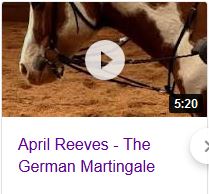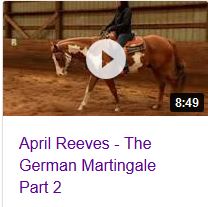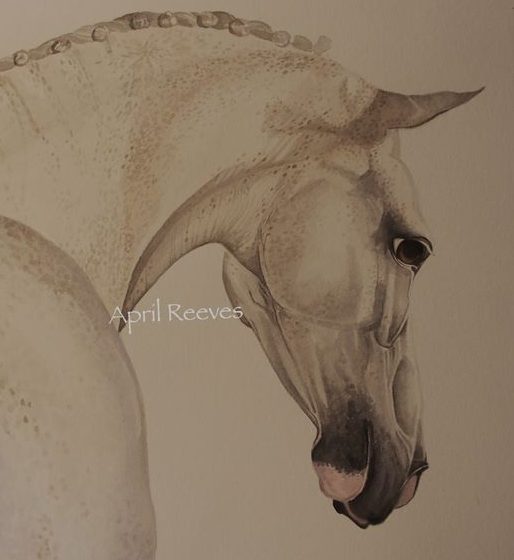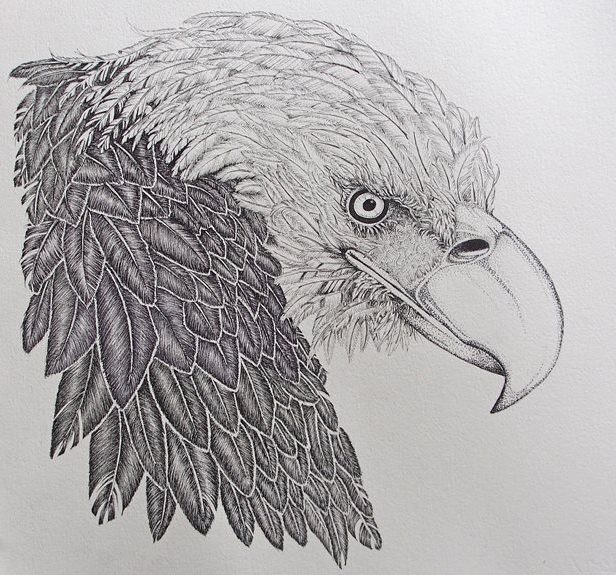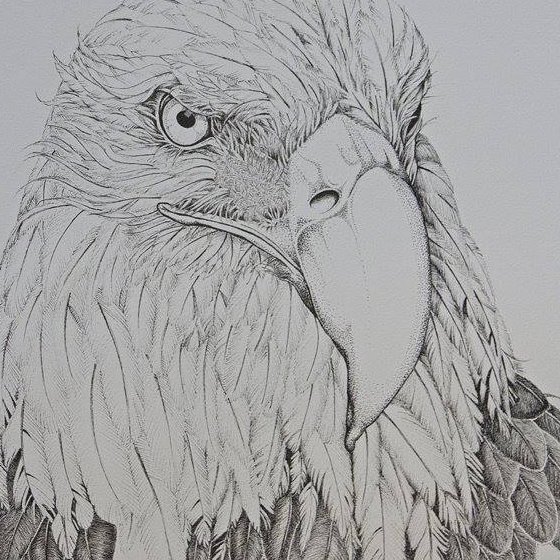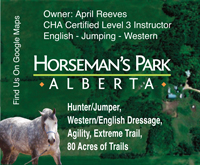Hello everyone. I rarely speak about “issues” in the horse world, but this is too big and too important to walk away from.
Our horse’s forages: alfalfa and hay – are in potential peril, and within a few years may be gone forever. Here’s the story:
All Alfalfa and Wheat may be Genetically Modified in North America in the next few years
GE corporations (Monsanto & others) are working hard to push their untested GMO alfalfa and wheat crops in the US and Canada. The US already has 5332 acres of RoundUp Ready alfalfa (since 2004). There is no wheat yet anywhere. Because the alfalfa was grown before it was approved, it was halted and is undergoing additional testing and environmental studies. No human or horse studies have been done to prove this is safe. No long term studies are ever done on any GMO foods. Many independent tests show serious health issues (Genetic Roulette).
Horses have evolved over thousands of years, naturally
Horses are sensitive to their environments and their feeds: any horse owner who has any level of awareness of their animal understands this. Their bodies have evolved slowly over time to adjust to changing plant types and feeds. However, along came man, and believed that he/she could do better than Mother Nature. As we asked more of our horse, we began to alter the feeds we give them.
The horse, though, has evolved for years, slowly, methodically, and if you look at the timeline to how many years we have been changing his natural diet, it’s really not that long (20-30 years). It has been a dramatic ride for the horse: from field to stalls: from hay to concentrates and feeds he would never find in the wild (soy, corn, heavy oils).
It’s not working. Horses are getting fatty liver diseases, insulin resistance, heart attacks, cancers and the same type of health issues humans have (that eat high fat and carb diets). And now there’s another issue to add to the mix: genetic modification. Thirty years ago this was unheard of. Last year 6 horses under the age of 10 died from cancer in my area.
What is Genetically Modified foods and why should you be concerned for your horse?
Genetic modification has many levels of concern attached to it, from health to environment and corporate control. We’ll take a look at each one so you have a good general knowledge of the problems horse owners may face.
Continue reading →
 I have received a lot of emails about GM feeds, so I compiled a post that describes the basic information you need to know about GM in horse feeds, and the potential issues and dangers around them. I also post any new issues at the bottom of this page.
I have received a lot of emails about GM feeds, so I compiled a post that describes the basic information you need to know about GM in horse feeds, and the potential issues and dangers around them. I also post any new issues at the bottom of this page.

 Question:
Question: Question:
Question: Question:
Question:



